Liches are an iconic monster. Commanding the voice of a lich in Dungeons and Dragons is to command a wealth of power, knowledge and experience. It’s easy to pass off a lich as simply another obstacle for the players to overcome, but that undersells the creature itself. Liches are dangerous. They are old, they’ve dedicated their lives to magical studies (and whatever other interests they have), and their machinations span years and decades. A lich is not typically interested in the activities of a ragtag band of heroes. Let me take you on an adventure, creating a lich in Dungeons and Dragons.
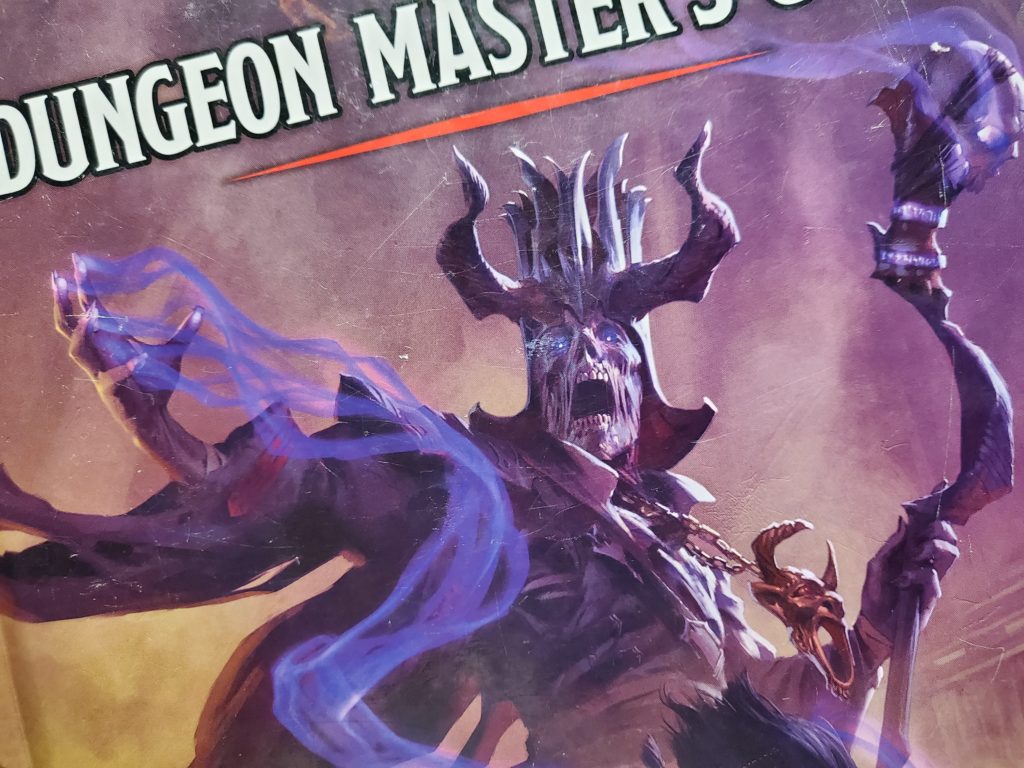
An Unliving Force
Traditionally in D&D lore, liches must maintain a phylactery (a term recently removed from Pathfinder, and probably soon D&D). This is a magical container that stores their soul and life essence, a process that leaves them undead and out of reach of truly dying. In order to maintain their unending existence, a lich must trap the souls of others in this vessel. A lich must be power-hungry and willing to sacrifice not only their own essence, but that of countless others to remain immortal. Due to this, liches are almost exclusively evil (some very, very evil).
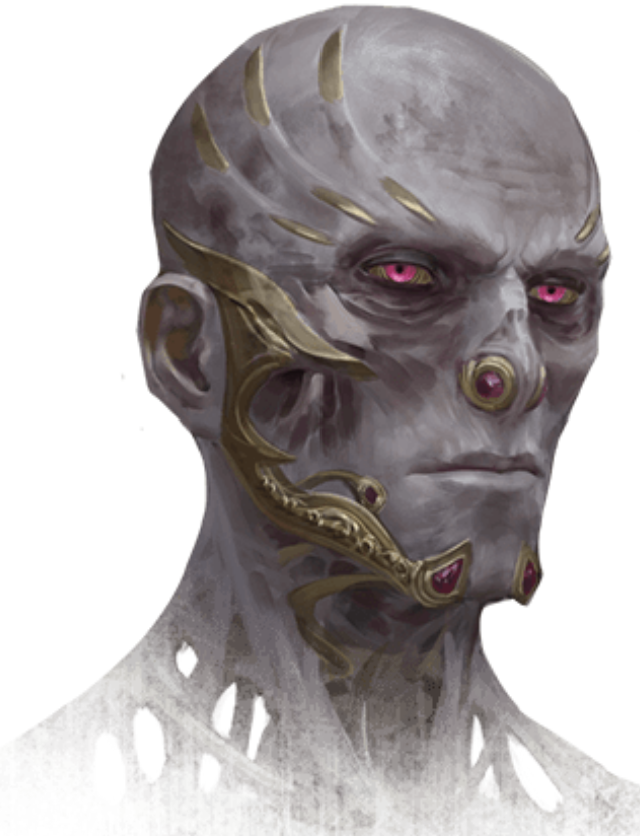
These creatures then spend decades or centuries studying and working towards their goals. They are more than a villain, they are a force to be reckoned with. Smart, powerful, and near immortal, a lich should never be a simple speedbump in a campaign.
Creating a Lich – Enter Larak
The process of creating NPCs, monsters, and villains is one that I absolutely love. It’s the creativity afforded by D&D that keeps me coming back for more. The lich, Larak, was envisioned as the steward and gatekeeper for a minor deity. As I began to develop his personality and motivations he quickly became so much more. First, I decided to dispense with the idea that Larak would be outwardly evil or antagonistic. Larak had his interests and a party of adventurers were of little consequence to him.
The adventurers walked into his laboratory to find tables covered in glassware, potions and books stored on shelves, with smoke hanging in the air. Larak stood over seven feet tall wearing long, black and green robes. What they could see of his actual body was mostly bone, with patches of ancient, desiccated flesh. His imposing form seemed to glide about the room, robes sliding across the floor effortlessly. He was so busy brewing that he hardly noticed them, and paid them little heed when he did. His attention was focused elsewhere and they were merely in the way. This set the tone for Larak, his large, frightening visage offset by his passive response to their arrival.
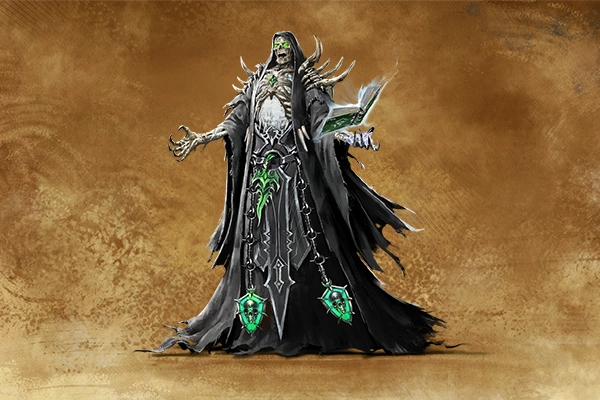
This introduction went a long way to showing my players that Larak was not going to be stereotypical. I developed plans and motivations for Larak. These were as important as his personality traits in determining how he would treat with the heroes. Many of Larak’s interactions with the heroes were dismissive, he was busy and dealing with them was clearly second to his work. He gave them simple instructions to send them on their way.
Larak was an imposing and enigmatic force that my players were wary of, but they did not feel immediate danger from his presence. By making sure I understood what his plans and goals were, I was able to form him into a three dimensional character rather than just another monster.
Larak – Secundus of the Circle of Seven
As the story progressed, the party had a variety of unsettling interactions with Larak and eventually learned a bit about him. When I create NPCs and monsters, I almost always mentally create an entire backstory for them. This often comes to play in interaction with them or others around them. In the case of Larak this resulted in the party meeting a traveling bard named Bartholomew. Bart was following Larak and proclaimed him a hero, which came as a surprise to the party. It turned out that Larak accidentally saved a town while harvesting alchemical ingredients from a hell hound. Bart provided stories about Larak as well as a hook, a title the party did not know Larak had: Secundus of the Circle of Seven.
In time it actually came to be that Larak assisted the heroes in dispensing of the minor deity, and the monster than came in its wake. Whatever his motivations, the heroes accepted Larak’s help. The dynamic between the lich and the players became very interesting throughout the arc. The interactions were infrequent, but always meaningful, and often left the party uncertain of where exactly the lich stood. He gave them something to think about, and the bard gave them The Circle of Seven to ponder.
Liches be Crazy
Liches are iconic in Dungeons and Dragons and are often used as monsters throughout a campaign. Sometimes this is as a hitch and sometimes as a great evil that must be faced. I’m not bashing either of those options, but as I suggest in all things, try thinking outside the box. Build an idea in your mind of what would make the creature interesting to you and then bring it to life (or in the case of liches, unlife).
Creating and running Larak has been a lot of fun for me. My players are split on his intentions and it will be very interesting, for both them and I, to see how the story unfolds.
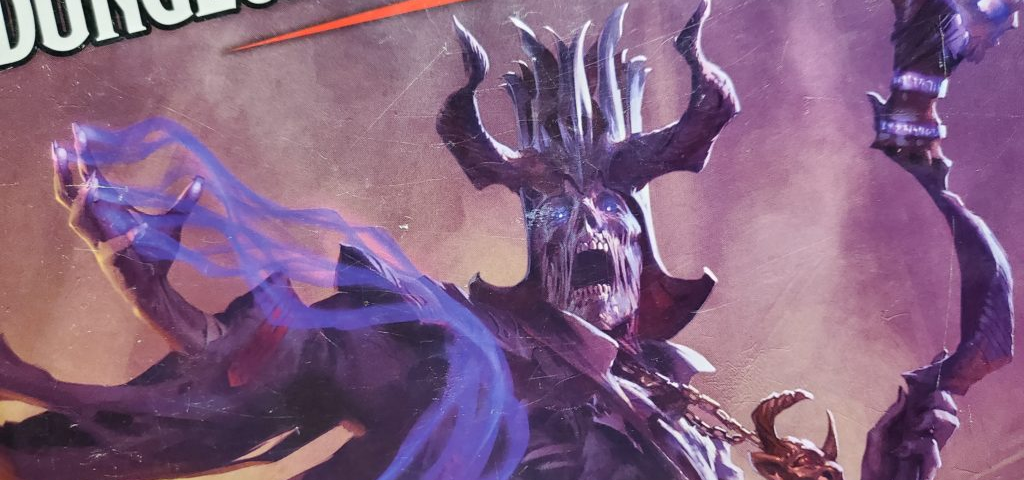
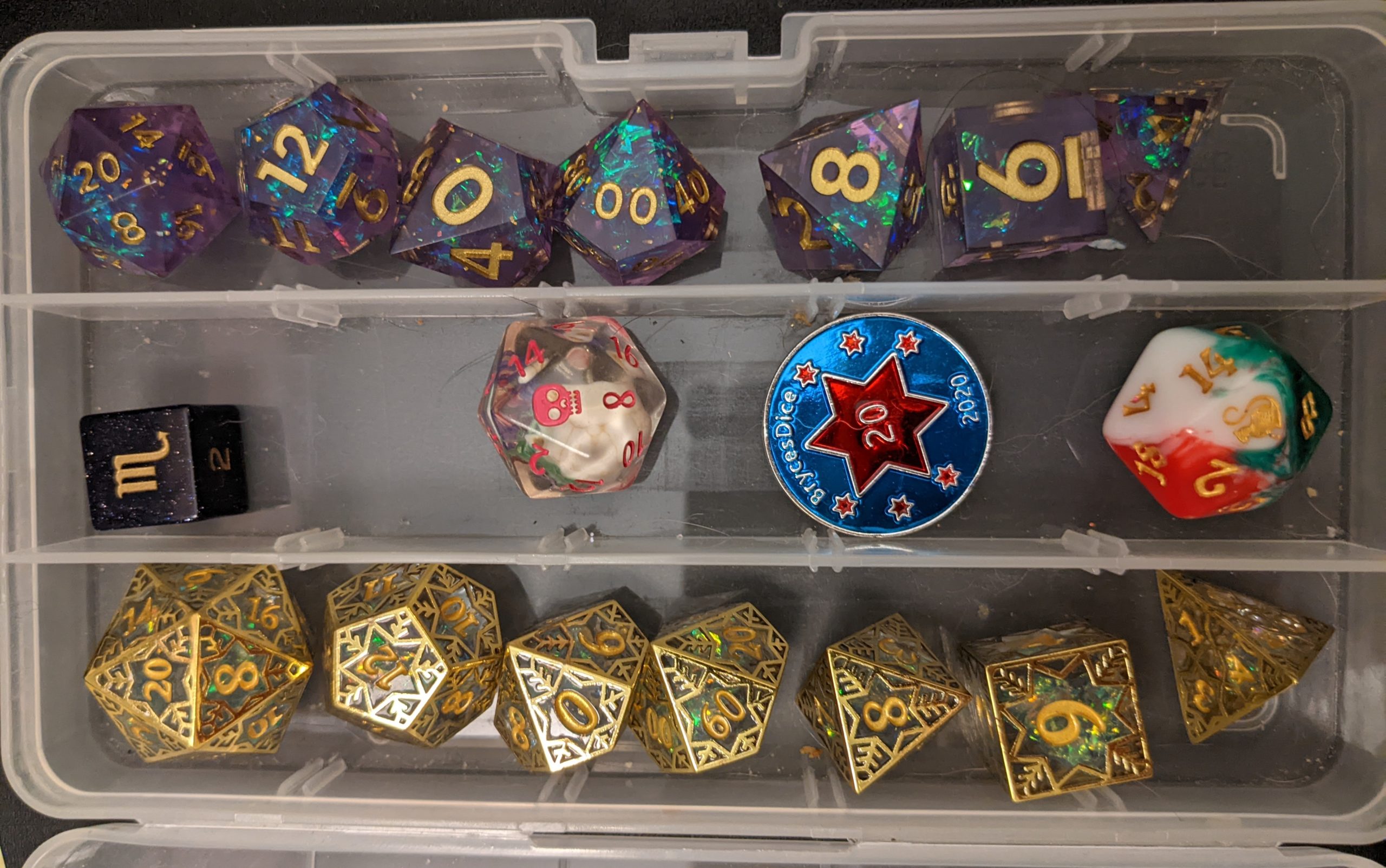
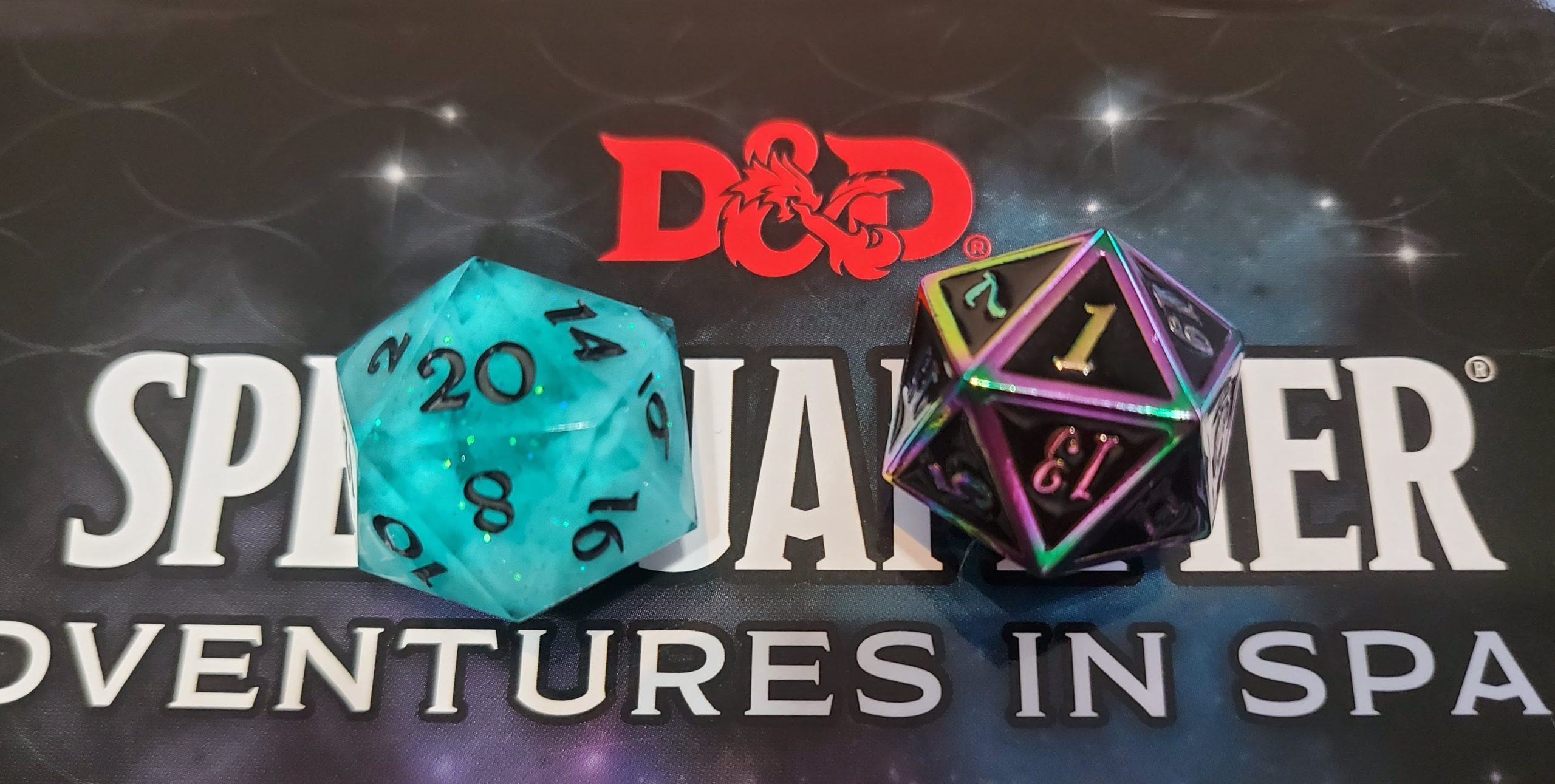
As one of the highly trained adventurers I take issue with the term “ragtag” 😜
I think some of your activities justify being called “ragtag” lol
Love a “good” lich story/arc. Forgetful Lich who thinks they’re just a regular octagenarian? Great. Was obsessed with immortality and now that they have it they just rock the chill vibes? Fabulous.
Right? I love it! They’ve been around for so long there are a ton of fun things you can do with them.